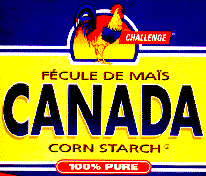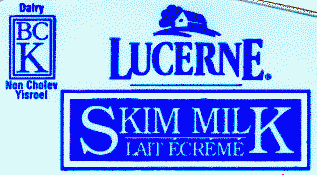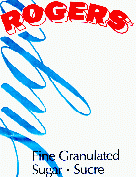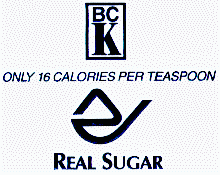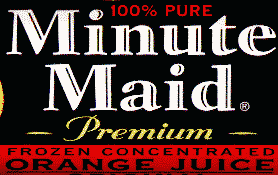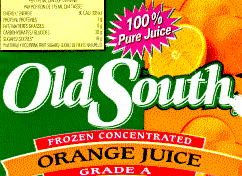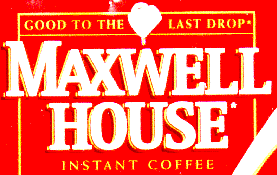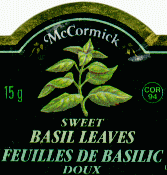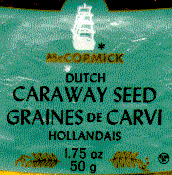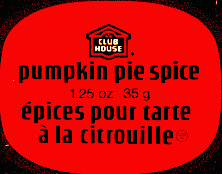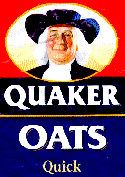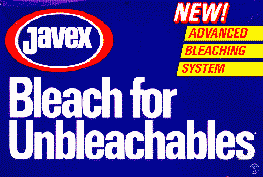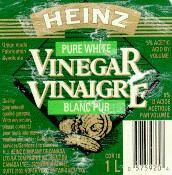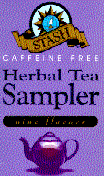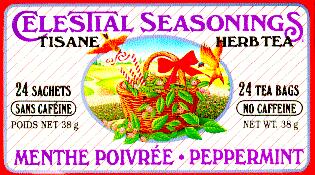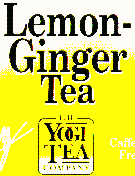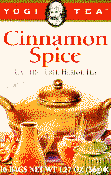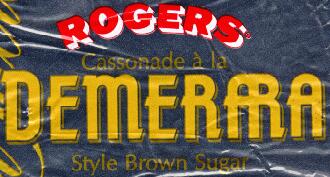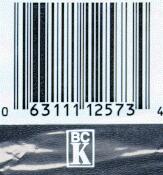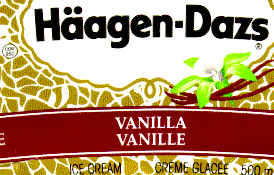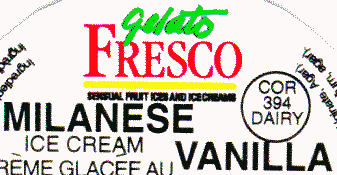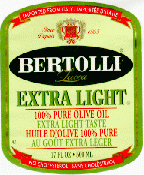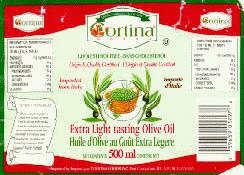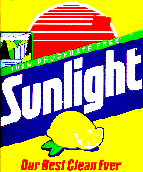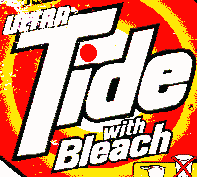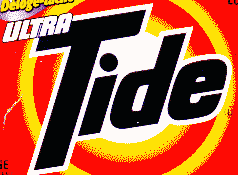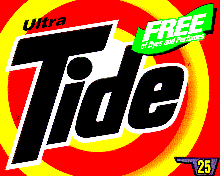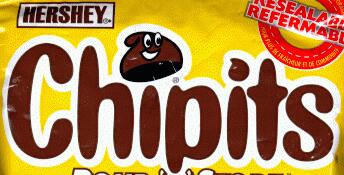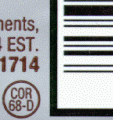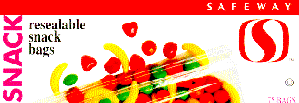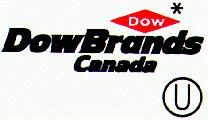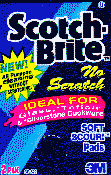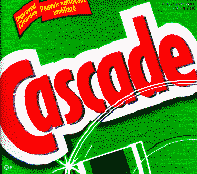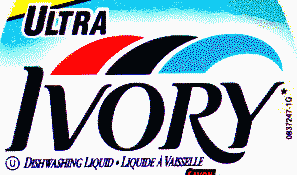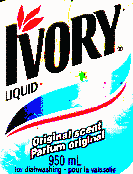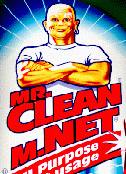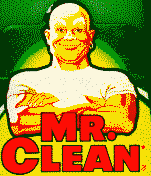Examples of manufacturers paying for kosher certification when their products require none
There is also a more delicate form of extortion associated with Kashruth. [...] For example, a company will enquire about Kashruth supervision for its product. The truth of the matter is that this product would be acceptable even without supervision, as may be the case with window cleaning liquid, toothpicks, aspirin, corn starch, diaper detergents, etc. The company is not informed that they can sell their product in the Kosher market without supervision. Instead, the company is induced to purchase Kashruth supervision.
Seymour E. Freedman, The Book of Kashruth: A Treasury of Kosher Facts & Frauds, Bloch Publishing Company, New York, 1970, pp. 170-171, blue emphasis added.
|
|
Milk, Sugar, Orange Juice, Coffee, Spices, Oatmeal:
|
Basic Kashrut
by Penina Taylor edited by Rabbi Yeshaiah Heiliczer
copyright 1994 Knesset HaShuvim Congregation. All rights reserved
[...]
NO CERTIFICATION NEEDED
Some products do not require certification or for some reason do
not contain a mark even though they are considered kosher by
competent Orthodox authorities. SOME of these are:
cow milk bottled in the U.S. (not all agree)
100% flour or sugar
100% apple juice
100% orange juice (not mixed fruit)
100% coffee (unflavored)
100% tea (herbal/flavored tea should be certified)
most pure spices (although McKormick and some others are
certified)
dry beans
oatmeal (plain)
fruits and vegetables (fresh or frozen, totally unprocessed)
Coca Cola
Rumford baking powder
M&M;'s
Excerpted from:
www.execpc.com/~dwolfe/kashrut.html, blue emphasis added.
|
Although the milk below is Canadian milk, it is probable that it is indistinguishable from American milk. Also, McCormick � which is the correct spelling � spices are recognized above as being kosher-certified gratuitously, and so are included here as examples of needless kosher certification.
|
Bleach, salt, pepper, vinegar:
|
After all [...] we don't look for Kosher diaper deodorants, or Kosher bleaches [...]. And tell me, isn't it ridiculous [...] for a group of people who want to promote Kashruth to certify salt and pepper and vinegar [...]?
Allen G. Feld, writing in the Jewish Spectator, in Seymour E. Freedman, The Book of Kashruth: A Treasury of Kosher Facts & Frauds, Bloch Publishing Company, New York, 1970, p. 171, blue emphasis added.
|
Pepper, we have already seen above, among the spices. As for the bleach, salt, and vinegar:
Coffee and tea are products which usually do not have other ingredients mixed into them, and therefore they are Kosher without Kashruth supervision.
Seymour E. Freedman, The Book of Kashruth: A Treasury of Kosher Facts & Frauds, Bloch Publishing Company, New York, 1970, pp. 144-145.
|
Coffee, we have already documented above; tea is documented below. All the kosher-certified tea that I found at home was herbal tea. Tea is included on several exempt-from-kosher lists, although one list above exempts herbal tea from the exemption: "100% tea (herbal/flavored tea should be certified)." My interpretation of this qualification concerning herbal tea is that it is written knowing that all pure vegetable matter (in this case intended for steeping in boiling water) is equally exempt from the need for kosher certification, but adds the weak "should be certified" qualification out of recognition of Jewish success in getting herbal teas kosher-certified:
There is nothing in brown sugar that is in violation of the Passover laws.
Seymour E. Freedman, The Book of Kashruth: A Treasury of Kosher Facts & Frauds, Bloch Publishing Company, New York, 1970, pp. 147, blue emphasis added.
|
It would appear that at one time, the idea of kosher-certifying ice cream seemed so ridiculous that it was the subject of satire, as ridiculous as kosher-certifying snuff:
In May, 1889, Der Volksadvokat satirically accused the Chief Rabbi and the Association of preparing to place a karobka on ice cream and snuff.
Harold P. Gastwirt, Fraud, Corruption, and Holiness: The Controversy Over the Supervision of Jewish Dietary Practice in New York City 1881-1940, Kennikat Press, Port Washington N.Y. and London, 1974, p. 71, blue emphasis added.
|
|
Salt, olive oil, laundry soap:
|
In his analysis of the state of the rabbinate in New York in 1896, Gerson Rosenzweig, the editor of The Hebrew, accused Rabbi Drachman of giving "tens of thousands of hekhsherim." He called Drachman "... the Dr. so and so who lives uptown and is a rabbi by their standards, but not by ours. He took the name of Chief Rabbi and made a deal with the butchers and made himself Chief Rabbi overnight." Rosenzweig claimed that shohatim and butchers who did not observe the Sabbath had bribed the rabbis to approve the kashrut of their meat. One group of rabbis even had sold a hekhsher on salt to a Gentile. [...] He enumerated the hekhsherim which, according to him, they had given on salt, olive oil, soap for washing clothes, and stove polish, and which had been advertised in the Jewish Times, published by Dr. Wechsler, one of the founders of the Council.
Harold P. Gastwirt, Fraud, Corruption, and Holiness: The Controversy Over the Supervision of Jewish Dietary Practice in New York City 1881-1940, Kennikat Press, Port Washington N.Y. and London, 1974, pp. 82-83, blue emphasis added.
|
Salt, we have already documented above, and olive oil and laundry soap are documented below:
Wechsler's activities were the first glaring example of clear-cut fraud concerning kashrut supervision in New York. P. Cowen, the editor of The American Hebrew, launched a campaign to expose Wechsler. According to Cowen, Wechsler had promised various businessmen that he could influence Jewish consumers to buy their products. In return for supposed supervision, the businessmen paid a fee which also covered the cost of advertising their products in Wechsler's paper. Cowen accused Wechsler of collecting $100 from a seltzer company for advertising their product as "Kosher Vichy and Seltzer." He charged a milk dealer in Brooklyn fifty dollars for guaranteeing that the Council would approve his milk for the Jews of Brooklyn. Wechsler promised to send the dealer 5,000 "kosher labels" for his milk. He solicited advertisements for kitchen utensils by advising his clients that every Passover the Jews threw out all crockery and glassware used during the year and purchased new dishes for the holiday. A chocolate company was convinced by Wechsler that the Council was ready to certify its product as kosher since the ingredients contained no fat. To a tea company he issued labels certifying that the tea was kosher and packed under his supervision.
Harold P. Gastwirt, Fraud, Corruption, and Holiness: The Controversy Over the Supervision of Jewish Dietary Practice in New York City 1881-1940, Kennikat Press, Port Washington N.Y. and London, 1974, pp. 83-84, blue emphasis added.
|
Milk and tea, we have already documented above; chocolate is documented below:
|
Plastic snack bags, plastic food wrap, aluminum foil, scouring pads, dishwasher detergent, dish detergent, bathroom cleaner:
|
In this section, I place some kosher-certified products that I did not find on anybody's exempt-from-kosher list, but in my estimation only because any listmaker would have considered them so obviously exempt-from-kosher that they did not need to be placed on a list:
|
